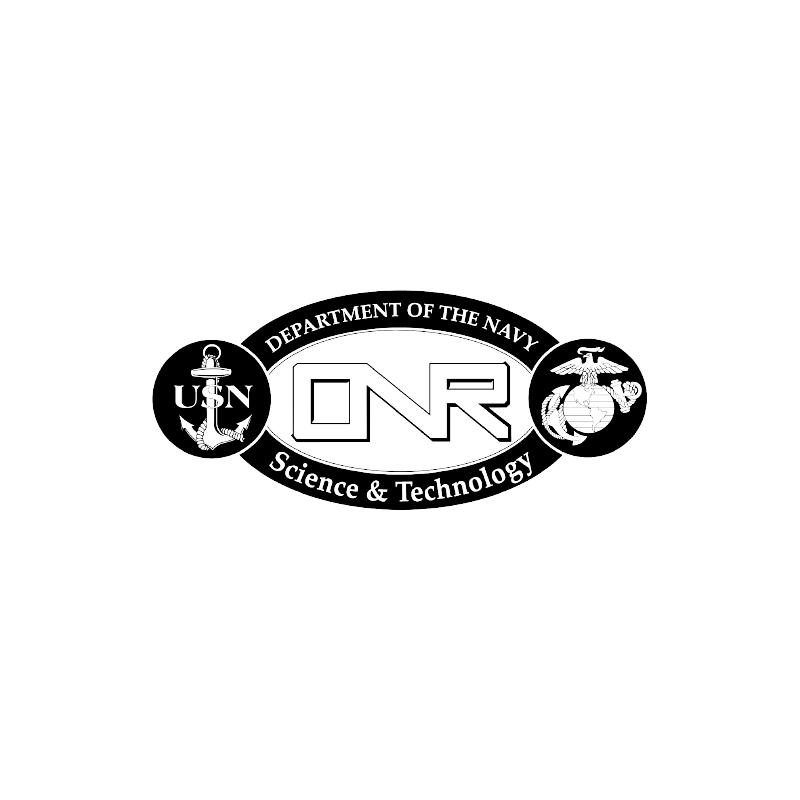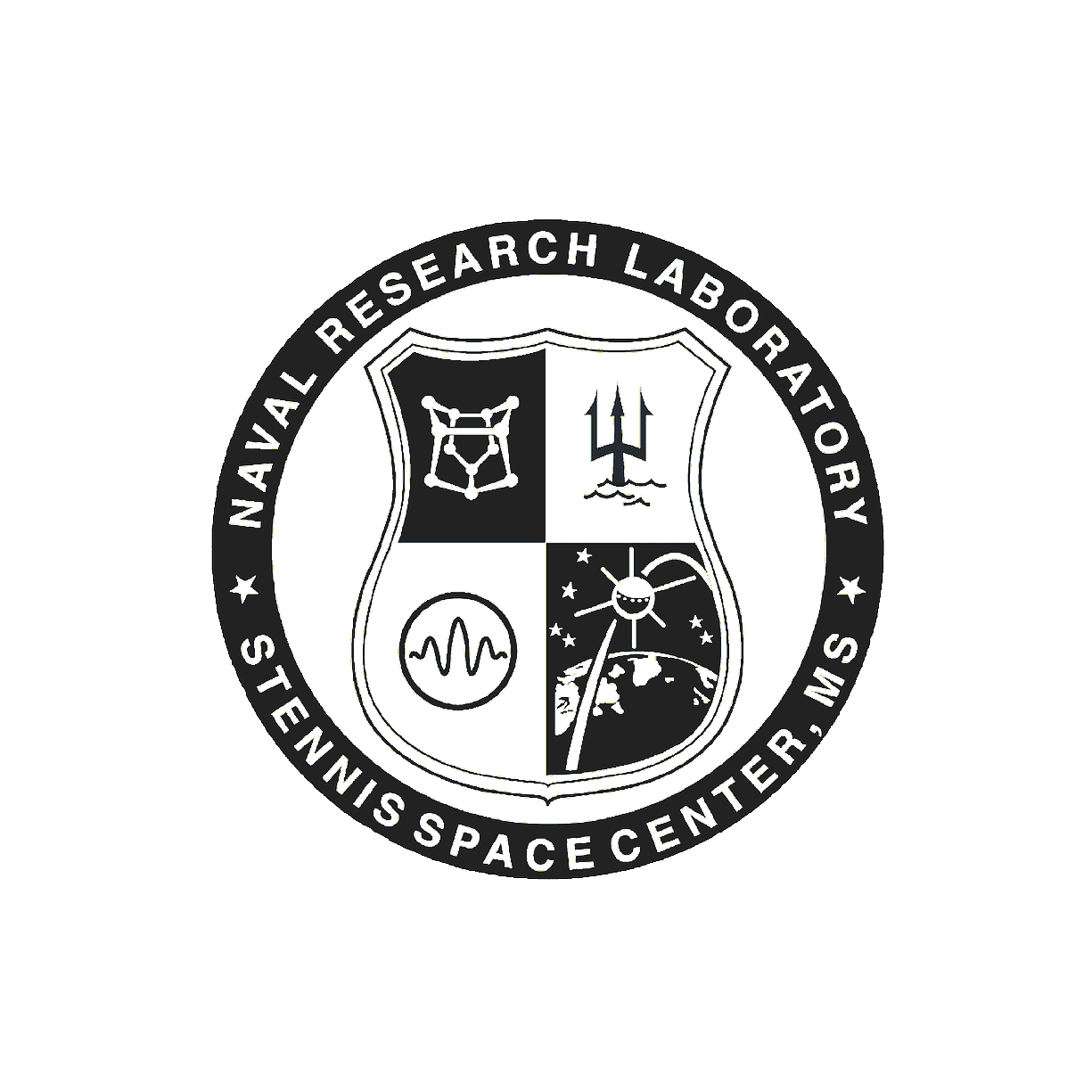The rapid rise of unmanned systems has created a demand for smarter and more integrated ways to control multiple vehicles at the same time. This shifts the way we need to interact with these vehicles from that of manual control toward the supervisory and management of their intent and actions at a higher cognitive level. Our method marks the evolution from optimizing controls to engineering a way to trust these vehicles to complete their jobs effectively. At Perceptronics, we deploy trustworthy-centered design into all of our autonomy solutions. Rather than aiming for “perfect” systems, our approach emphasizes the need for trust resilience--that is, the need to recover from breakdowns in trust. Like our interactions with other individuals, autonomy will always have a degree of uncertainty. By creating designs that enable a window into the performance, processes, and intent of a machine, we believe that we can generate productive, mixed-initiative human-robot teams that are efficient and able to complete their missions successfully.
Unique Technical Approach
Intuitive Adaptive Delegation Supervisory-Controlled Interfaces
Petrinet-based Collaborative Algorithmic Planning
Rigorous Human-Robot Measurement Methodology
Trustworthiness Displays













